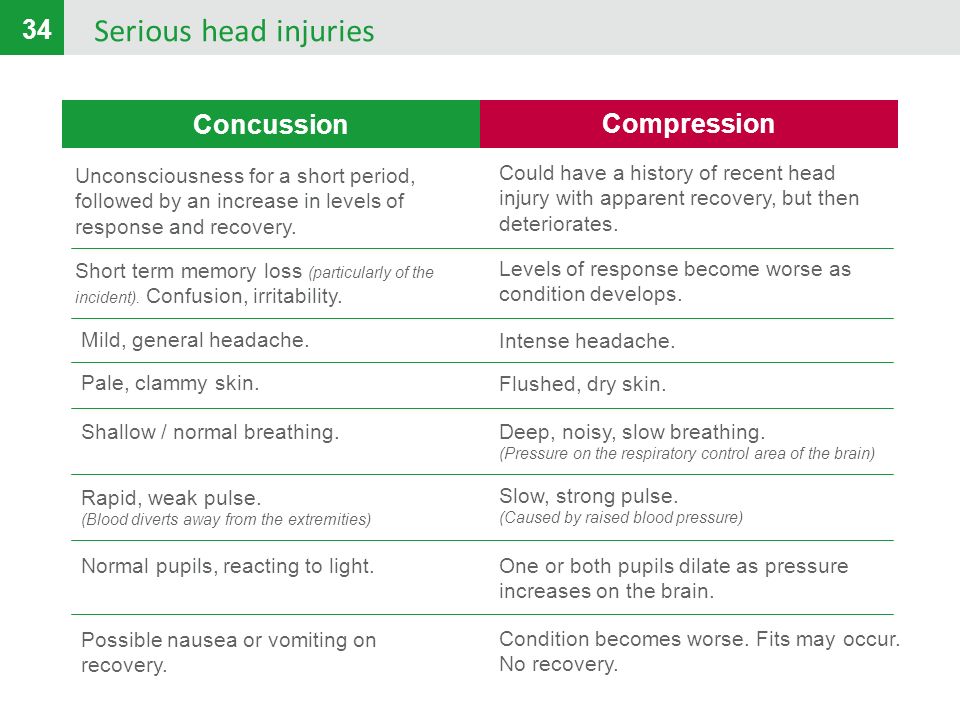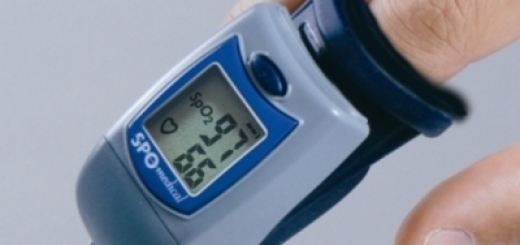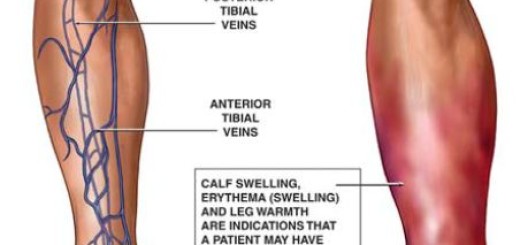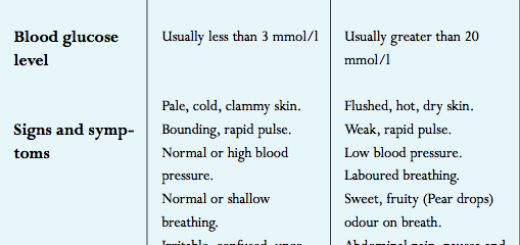What are the Signs of a Serious Head Injury?
Any head injury is potentially serious because of the risk of skull fracture or damage to the brain. There is also a risk of associated neck and spinal injury.
A head injury can trigger bleeding or swelling inside the skull, which may cause compression of the brain and possibly life-threatening complications. There may be spinal injury as well.
A concussion occurs following a fall or blow to the head. The brain is shaken inside the skull, causing brief loss of consciousness. On recovery, there may be a temporary mild headache, dizziness and loss of short-term memory – especially for events leading up to the accident.
If someone who has been concussed develops new symptoms, there may be a more serious injury.
The scalp is richly supplied with blood vessels, so minor knocks often cause dramatic bumps, and head wounds may bleed profusely.
Warning Signs of Serious Head Injury

Symptoms of a serious head injury may include severe headache, nausea or vomiting, and the person could appear confused, disorientated or not quite ‘with it’. There may be irritability and loss of coordination. Other warning signs are:
- blurred or double vision
- blood or straw-colored fluid draining from the ears
- unequal pupil size
- weakness or paralysis of one side of the body
- difficult, slow or noisy breathing
- unconsciousness or coma
Seek emergency medical attention if there are any signs of a serious head injury. The patient may require surgery in order to relieve the pressure building up inside the skull. Delays in calling for help could result in long-term brain damage.
If there is a head injury, you should always suspect the possibility of a neck or spinal injury, too. Tell the victim not to move. Place your hands on either side of their head to keep the head, neck and spine stable and aligned until medical help arrives.






Very informative-the comparisons (having them side by side) are very helpful.
We’re glad you found our guide to head injuries useful!
Thanks,
John